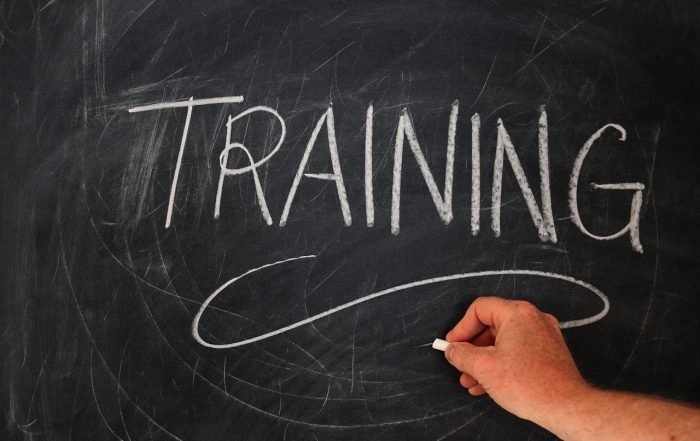For Junior Bible Quiz…
A lot of people think that the first “practice” is some sort of meeting where you lay out “expectations” and “rules” to the kids and parents. While it is important for everyone to know what is expected of them, the first practice should ideally be a time for the kids to begin quizzing. A great way to begin is to ask 10 to 15 10-point questions to the entire group. Ask only those questions for a period of time until you feel that most of the quizzers are able to answer them, then throw in another 5 to 10 10-point questions to the mix. When you feel as though they have a good grip on those 15-20 questions, add in another 5-10 questions and repeat the process. This method allows the quizzers to quiz right away, and they realize how much fun it can be.
At the end of practice, you’ll want to give each quizzer a schedule of questions to memorize and review before the next practice. For quizzers that seemed able to memorize quicker than others, you might want to consider assigning them questions with higher point values to learn as those questions are often harder to memorize answers to.
The purpose of Junior Bible Quiz is to teach the youngest generation about the basics of our Faith. While a lot of the work they do at first will be straight memorization, as the children grow older and are taught more Bible stories and devotionals, their understanding of the material will grow exponentially. Now, this doesn’t mean you have to collect all the “smartest” kids from the group. The truth is, anyone can memorize if they approach it correctly. Usually learning about 2-3 new questions each day is a great way to start. As your quizzers become more advanced, often they are capable of learning 5-10 new questions each day.
For Teen, Middle School, Empire or Experience Quizzing…
A lot of people think that the first “practice” is some sort of meeting where you lay out “expectations” and “rules” to the kids. Instead, I prefer to have the group of quizzers memorize 2-3 verses right off the bat. Then we go over some questions over just those verses. When we’ve done that, they memorize a few more, and the process is repeated. This gets them into quizzing right away, and they realize how much fun it can be. At the end of practice, you’ll give each quizzer a schedule of verses to memorize and review before the next practice.
Since the purpose of Bible Quiz can be summed up in “discipleship through memorizing Scripture,” you can guess that when starting a BQ ministry, your primary objective is to teach students to memorize. Now, this doesn’t mean you have to collect all the “smartest” kids from the youth group. The truth is, anyone can memorize if they approach it correctly. As you start practices, you’ll assign students to memorize a few verses every day. Usually 3 or 4 new verses per day is a good start. Advanced quizzers can easily do 10-12, but it takes some work to get up there.
For All Quizzing…
Starting up, you will want to practice with your team for about 2-3 hours each week. If your team becomes very competitive and looks like they could make a run at higher levels of competition, you’ll probably want to do more.



